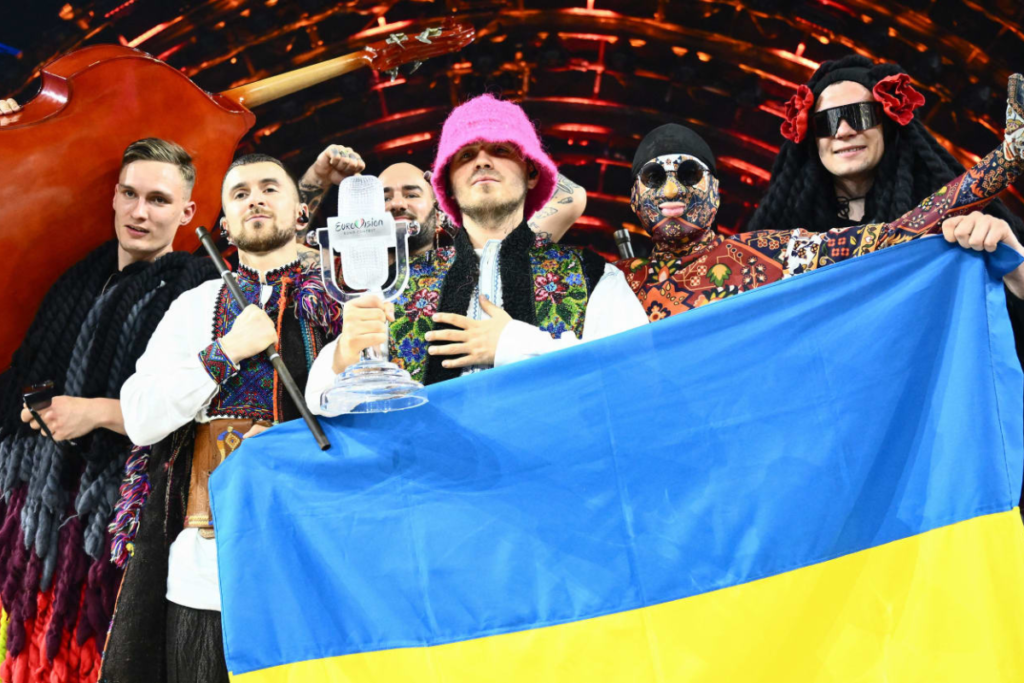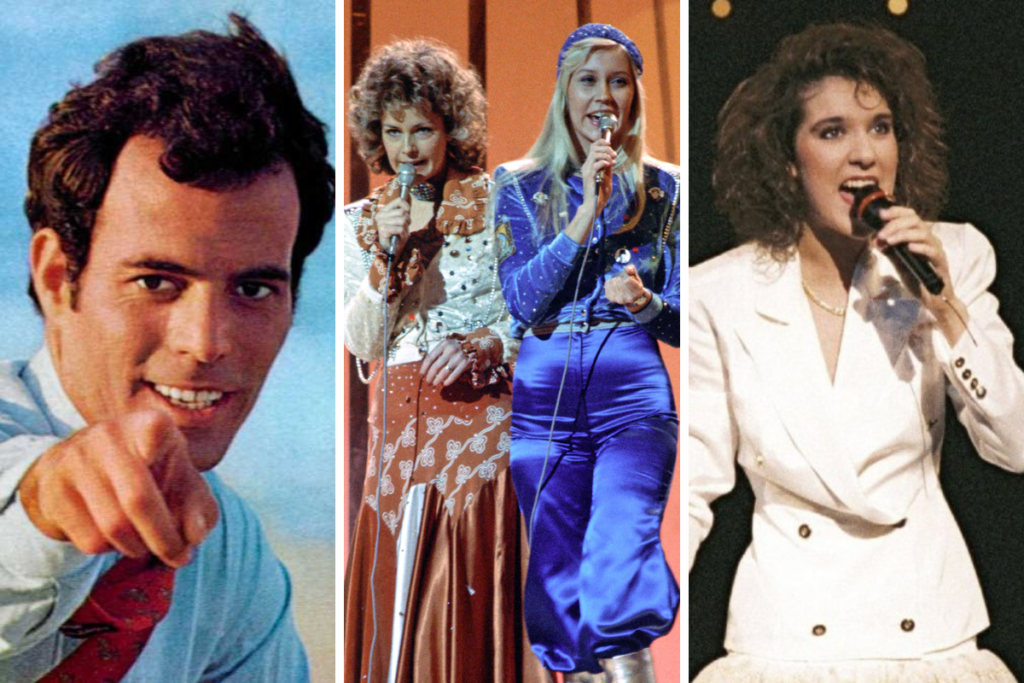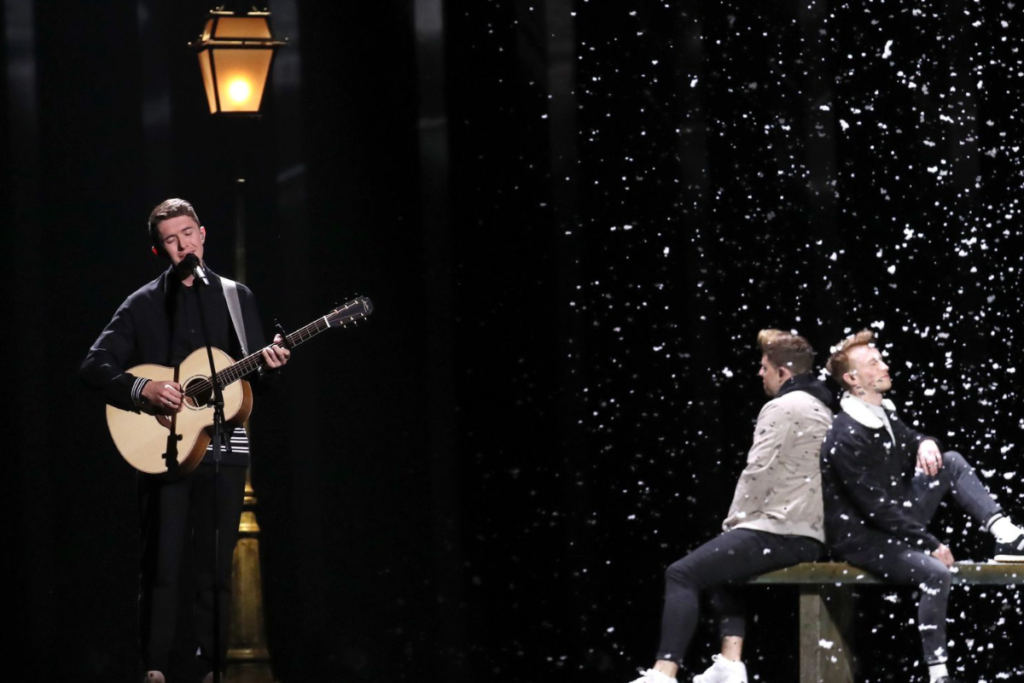Welcome to the first of several articles penned by yours truly about one of my biggest passions: Eurovision! And let’s begin with an explainer so you all can understand what this is about.
The Eurovision Song Contest is an annual international music competition that has been held since 1956 and has taken place every year with the exception of 2020, which was canceled due to the COVID-19 pandemic being in its early days. It involves participating countries from Europe (and some beyond, yes, because Australia is on it) each sending a song to compete for the title of the best in Europe and Australia. The competition has become a cultural phenomenon, with each year’s contest attracting a large television audience and international attention.
The contest’s history is filled with drama, controversy, and lots and lots of music, as by 2022, over 1600 songs have been performed on its stage over the course of 66 editions (and counting). Ireland is the most successful country, having won the contest a whopping 7 times, doing so most recently in 1996. They’re closely followed by Sweden, who have conquered it 6 times, achieving their latest win in 2015. The most recent winners are Ukrainian urban band, Kalush Orchestra, who dominated the public voting with their song “Stefania” in Turin, Italy last May.

Eurovision is much more than just a song competition. It is a celebration of music and cultural diversity, and an opportunity for countries to come together and share their cultures with the world. The contest has a long and rich history and continues to evolve and change every year, making it a fascinating and dynamic event to watch.
Eurovision is known for its eclectic mix of music styles, ranging from pop to rock, ballads to hip-hop, and everything in between. The competition is also known for its elaborate stage shows, costumes, and special effects, making it a visually stunning event. The contest has produced many memorable moments and has helped launch the careers of several famous musicians. These very renowned musicians include singer Julio Iglesias (Spain 1970, placed 4th), iconic 70s pop band ABBA (Sweden 1974, winners), and Canadian songstress Céline Dion, who won in 1988 for Switzerland, with the song “Ne partez pas sans moi“.

The way I discovered the contest was the most random you could’ve think of: by zapping channels on my TV, that one Saturday afternoon in May 2005, and watching the voting segment of that year’s Eurovision. I have been an avid Eurovision fan since 2006 when I watched my very first final, and I have yet to miss watching one.
To me, Eurovision is a safe space, an experience, a moment, a vibe, a sentiment, and almost a lifestyle (nearly unsustainable when you’re not in Europe, but we try to have fun in the process). And the event is considered one of the most followed by LGBTQ people around the world. Also, it’s a major cultural hub. Through music, we are able to learn tons about other countries, their people, and their culture, which I find fascinating.

Although most of the music we get annually, which is around 40 songs per contest, is mainly in English, we’re granted some language variety every year, as we get songs mixing languages or coming in entirely made-up ones, as the Netherlands did back in 2006. Another interesting fact is that Eurovision is such a popular event that thanks to Will Ferrell & Netflix, the contest got its own movie premiered in 2020. The team behind the project took everything by the book, and the soundtrack totally slaps, as their big song “Husavik (My Hometown)” was nominated for an Oscar in 2021 (watch that iconic performance).
And although the contest is meant to be apolitical in nature, the history and evolution of Europe have clearly been lived through the contest since its inception in 1956. From allegations of Franco bribing to get Spain a victory in 1968, to the break-up of Yugoslavia in the 1990s, to most recently, the ongoing war in Ukraine.
Let me add that the entire fan experience related to the contest, when you get really deep into the shenanigans and the process, it can be very, very intense. From insane social media activities on Twitter, that ranges from crazy harrassment to lots of fandom drama; all the way through multiple promotional events, such as the pre-party circuit between late March and mid April and covers cities such as Madrid & Amsterdam; and to fan-led online communities, which include fansites such as Eurovision-Spain, Wiwibloggs or Eurovision Fam (I happen to be a collaborator of this last one mentioned).

Now in 2023, making it to the Eurovision platform can help propel any artist into great viral momentum. Just look at what happened with the 2019 winning entry “Arcade” by Dutch singer Duncan Laurence, who popped off during the pandemic days of 2020. Or to 2021 winners, Måneskin, and although it wasn’t their victorious rock song “Zitti e Buoni”, it was that rock cover they did back in 2017, during their X Factor Italy days was the song that did it for the people. Most recently, in 2022, Armenia’s Rosa Linn, broke streaming records, with her break–up anthem “Snap”, which finished in 20th place.
Rest assured that I will share more ESC-related content over the next several months leading to the 2023 contest, primarily through Eurovision Fam, so go follow our Twitter and TikTok accounts for more.
Now, have you ever heard of Eurovision? Is this the first time you’ve ever heard of the iconic European song contest? Let me know in the comments!
To wrap this article up, I leave you with “Snap”. Thank you, TikTok for making another ESC song viral.
PD: Part of this article was crafted with the help of ChatGPT.
